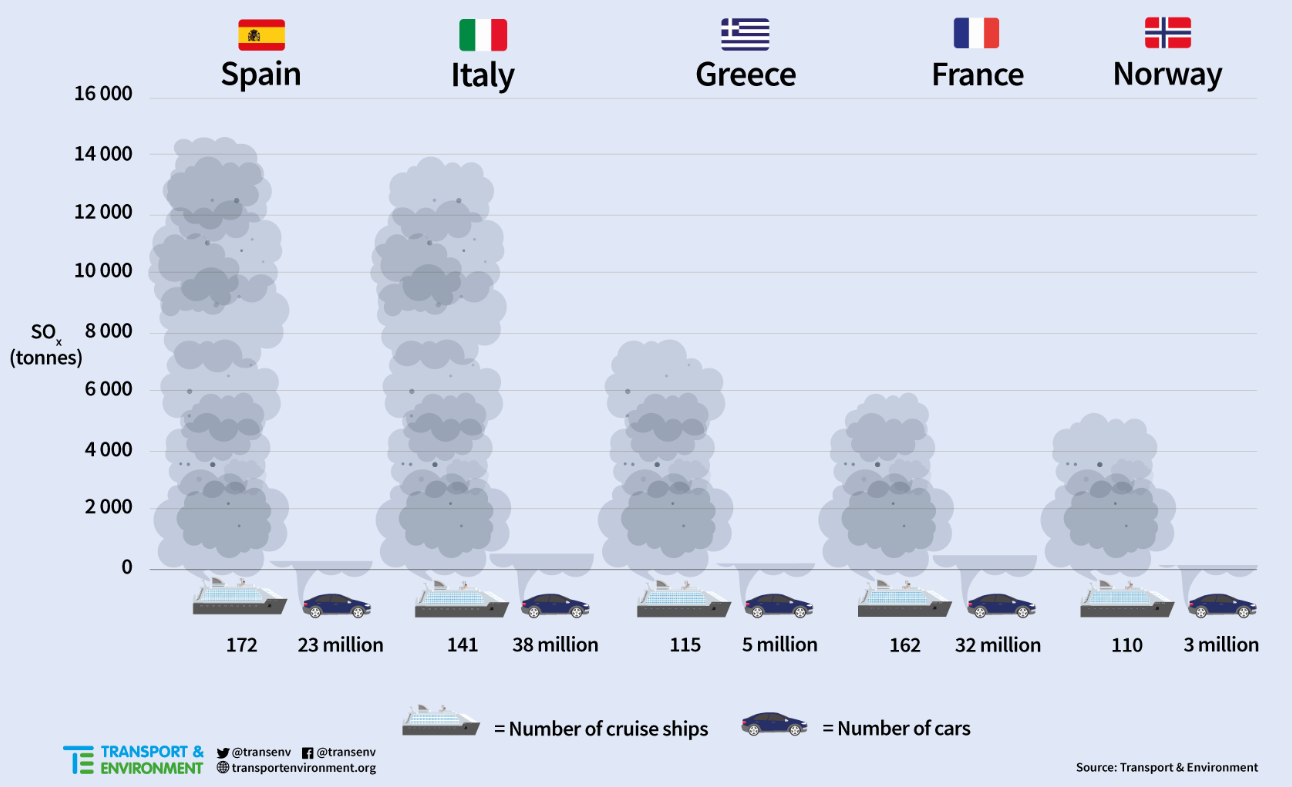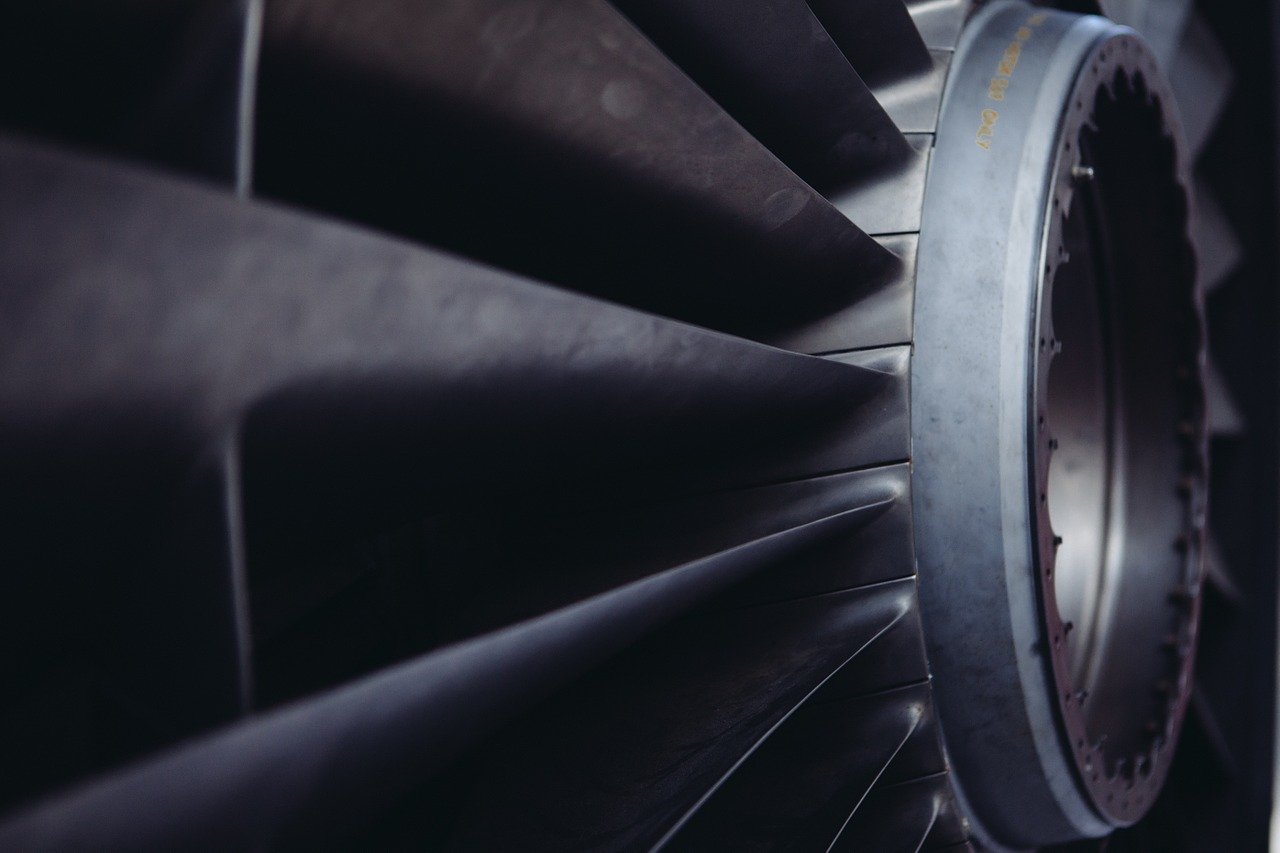The automotive industry is accused of being the most accountable for air pollution. However, people often forget that airplanes and cruise ships spend much more fuel than cars. On top of that, most aircraft and ships that are used today are pretty old and use inefficient engines. A recent analysis in Europe confirms that cars are least accountable for SOX and NOX pollution out of any other type of vehicle.
The study was made by Transport & Environment – a sustainable transport group based in Brussels, Belgium. According to their analysis, Carnival Corporation, which is the largest luxury cruise operator in Europe, produces around 10-times more sulfur oxides than all of the 260 million cars on the old continent. And that’s only if you take Carnival Corporation into account – the second biggest luxury cruise operator Global Royal Caribbean Cruises produces four times more sulfur oxides than all cars in Europe. That’s fourteen times more SOX emissions produced only by two cruise companies.
Transport & Environment took Barcelona as a prime example of how much cruise ships pollute the environment. In their analysis, the ships that dock in Barcelona produce five times more SOX than all of the 560,000 cars in that city on a year-to-year basis. They also said that cities such as Civitavecchia and Venice (Italy), and Palma Mallorca (Spain) also have the same problems with cruise pollution as Barcelona. Also, 57 ships that docked in Marseille (France) in the past year produced as much NOX (nitrous oxide) gasses as a quarter of its cars.
SOX and NOX gasses don’t produce a greenhouse effect, and that’s why they’re not regulated that strictly. Nonetheless, they pose a much more significant health risk to people. For example, SOX gasses can cause adverse effects on the eyes, lungs, and throat, while NOX gasses can cause breathing problems, headaches, eye irritation, and corroded teeth.
Source & Credit: European Federation for Transport and Environment AISBL






